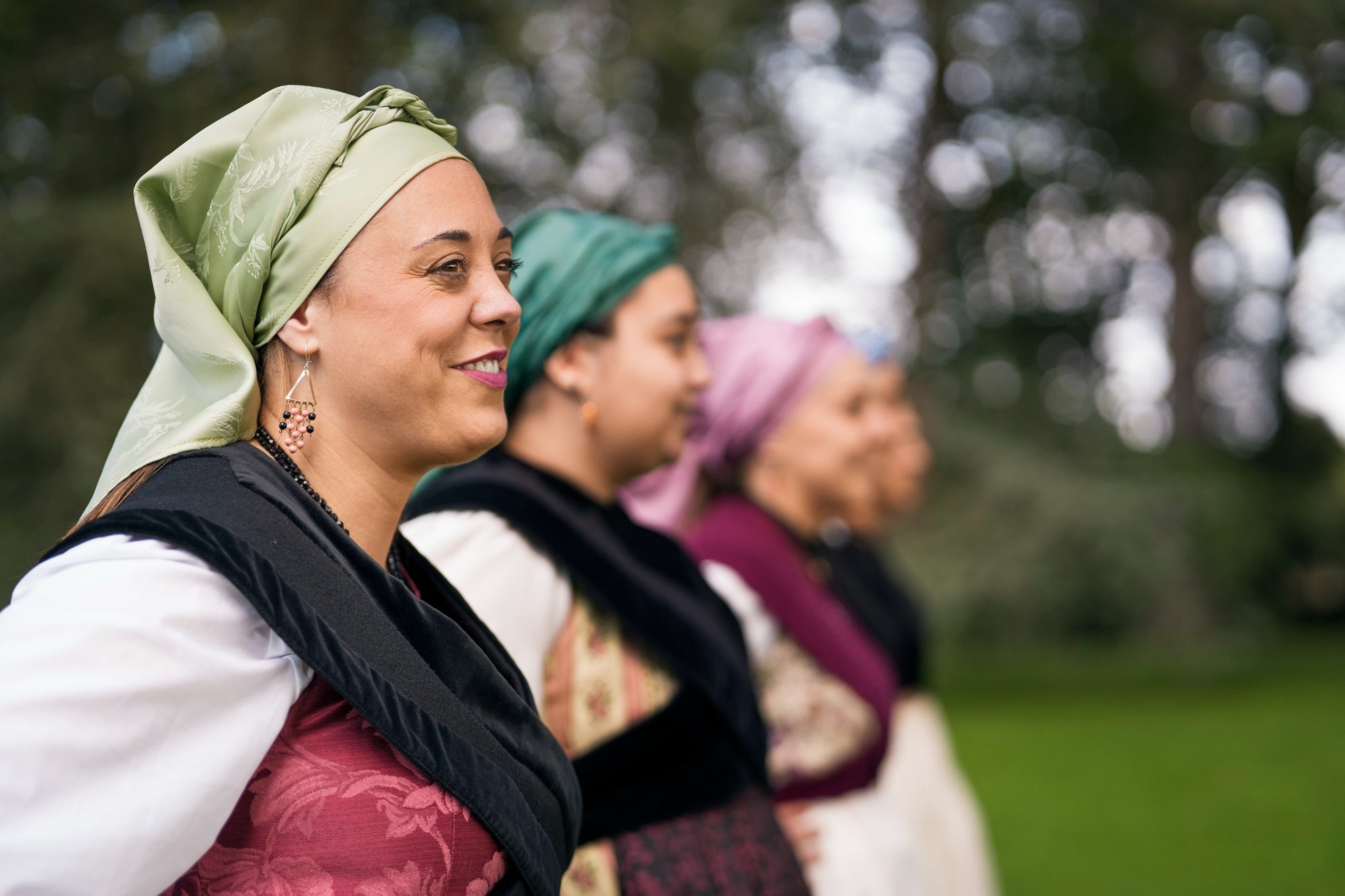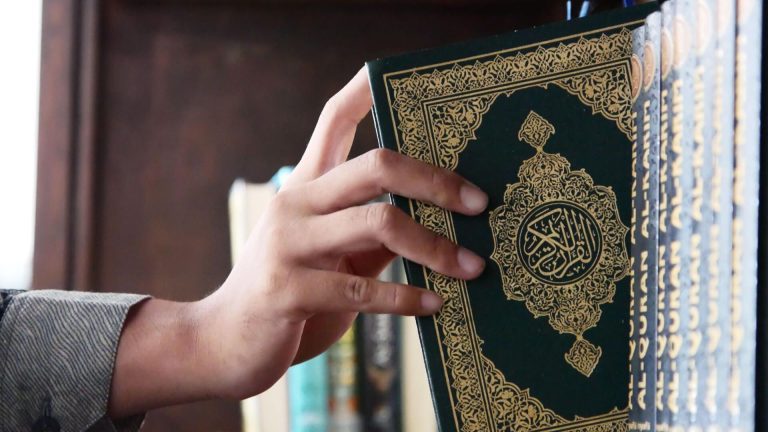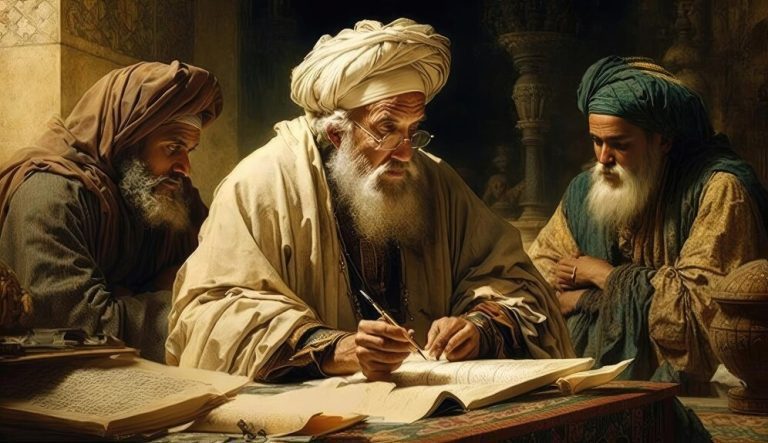Women’s Rights in Islam: A Comprehensive Exploration
Uncover the profound truth about women’s rights in Islam. From historical contexts to expert insights, explore the dignity, equality, and empowerment that define Islamic principles. Delve into the realities, challenge misconceptions, and embrace the emotional journey towards understanding and celebrating women’s rights in Islam.
Introduction
In today’s world, discussions about women’s rights often stir up passionate debates. However, when it comes to understanding women’s rights in Islam, there are various perspectives to consider. Islam, as a religion, provides a framework that encompasses every aspect of life, including the rights and roles of women. Let’s delve into this complex and nuanced topic to understand the principles, misconceptions, and realities surrounding women’s rights in Islam.

Defining Women’s Rights in Islam
Women’s rights in Islam encompass a wide range of social, economic, and legal entitlements that are granted to women within the framework of Islamic law, also known as Sharia. These rights are derived from the Quran, the holy book of Islam, and the Hadith, which are sayings and actions of Prophet Muhammad (peace be upon him).
Importance and Relevance
Understanding and upholding women’s rights in Islam is crucial for fostering gender equality, social justice, and harmony within Muslim communities and societies at large. It’s essential to dispel misconceptions and stereotypes surrounding women’s roles in Islam to promote mutual respect and understanding among people of diverse faiths and backgrounds.
Historical Context
To comprehend the evolution of women’s rights in Islam, it’s vital to explore the historical context in which Islamic teachings emerged and developed. During the time of Prophet Muhammad (peace be upon him), Arabia was entrenched in social and cultural practices that often marginalized women and deprived them of basic rights. However, Islam brought about significant reforms that uplifted the status of women and granted them rights that were revolutionary for the time.
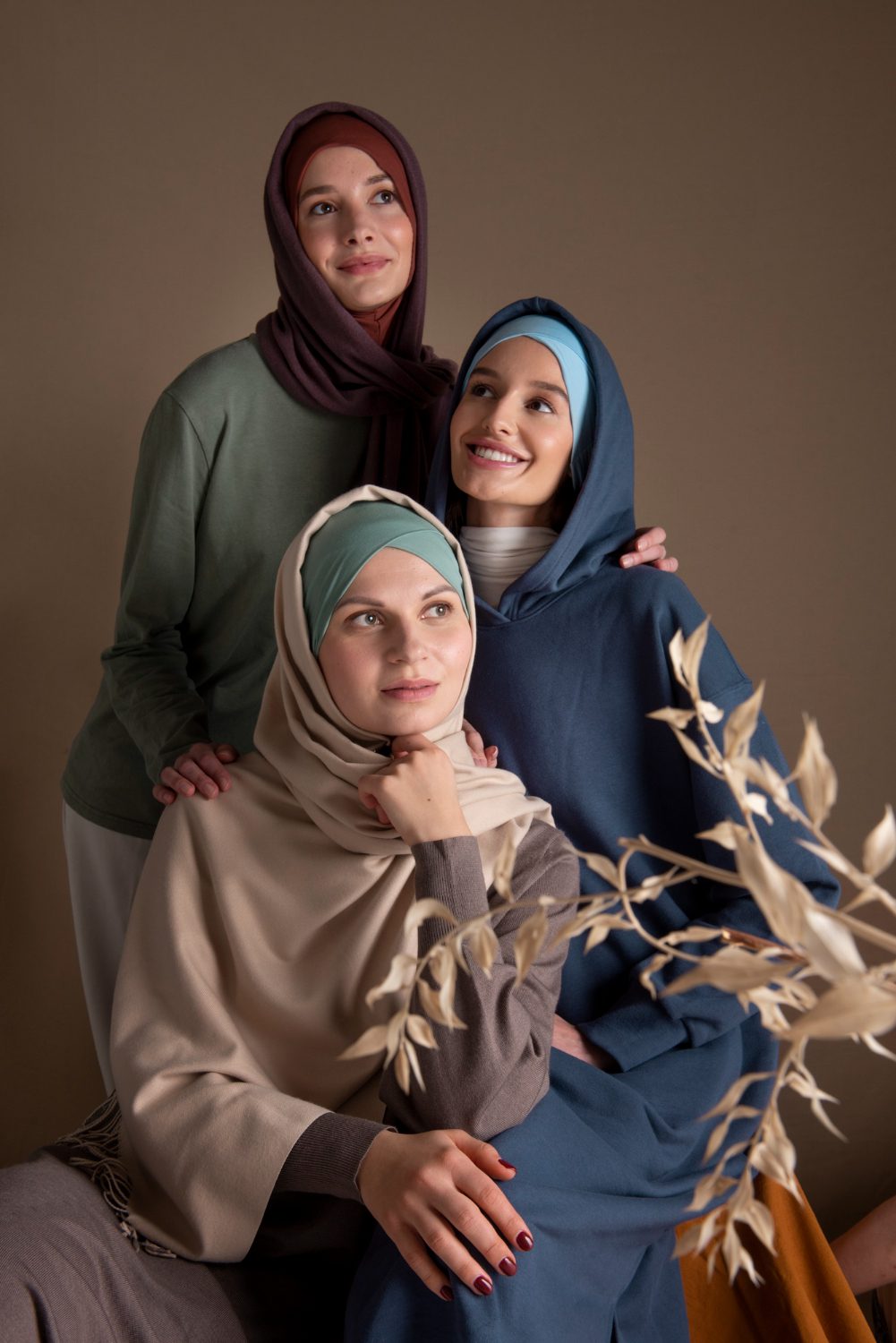
Pre-Islamic Arabia
Before the advent of Islam, women in pre-Islamic Arabia were often treated as inferior to men and subjected to various forms of discrimination and exploitation. Practices such as female infanticide, forced marriages, and denial of inheritance rights were prevalent, perpetuating a system of patriarchy and inequality.
Islamic Reforms
The teachings of Islam introduced radical changes to the status quo, emphasizing the inherent dignity and equality of all human beings, regardless of gender. The Quran explicitly states that men and women are equal in the sight of God and emphasizes the importance of justice and compassion in all aspects of life. Prophet Muhammad (peace be upon him) himself advocated for women’s rights and set an example through his interactions with his wives, daughters, and female companions.
Early Muslim Societies
In the early days of Islam, women actively participated in various spheres of society, including education, business, and governance. They played crucial roles in the spread of Islamic knowledge and contributed to the flourishing of arts, sciences, and literature. However, over time, socio-cultural factors and interpretations of religious texts led to the gradual erosion of some women’s rights in certain Muslim-majority societies.
Key Principles of Women’s Rights in Islam
Equality Before God
Islam unequivocally asserts the spiritual equality of men and women. Both genders are equally accountable for their actions and have the same opportunities for spiritual growth and salvation. The Quran affirms this principle in Surah Al-Hujurat (49:13), stating, “O mankind, indeed We have created you from male and female and made you peoples and tribes that you may know one another. Indeed, the most noble of you in the sight of Allah is the most righteous of you. Indeed, Allah is Knowing and Acquainted.”

Respect and Dignity
Islam emphasizes the importance of treating women with respect, dignity, and kindness. The Prophet Muhammad (peace be upon him) emphasized the rights of women and condemned any form of oppression or abuse against them. He said, “The best of you are those who are the best to their wives.” This hadith underscores the importance of compassion and mutual respect in marital relationships.
Education and Knowledge
Islam encourages the pursuit of knowledge and intellectual development for both men and women. The Quran emphasizes the value of education and critical thinking, urging believers to seek knowledge from cradle to grave. Prophet Muhammad (peace be upon him) also emphasized the importance of education, stating, “Seeking knowledge is obligatory for every Muslim.” This injunction applies to both genders, highlighting the equal importance of education for men and women in Islam.
Economic Independence
Islam grants women the right to own property, engage in business, and pursue financial independence. The Quran acknowledges women’s economic contributions and grants them the right to inherit and manage their wealth. Additionally, Islam prohibits the exploitation of women’s labor and ensures that they receive fair compensation for their work. This economic empowerment enables women to participate actively in the socio-economic development of their communities.
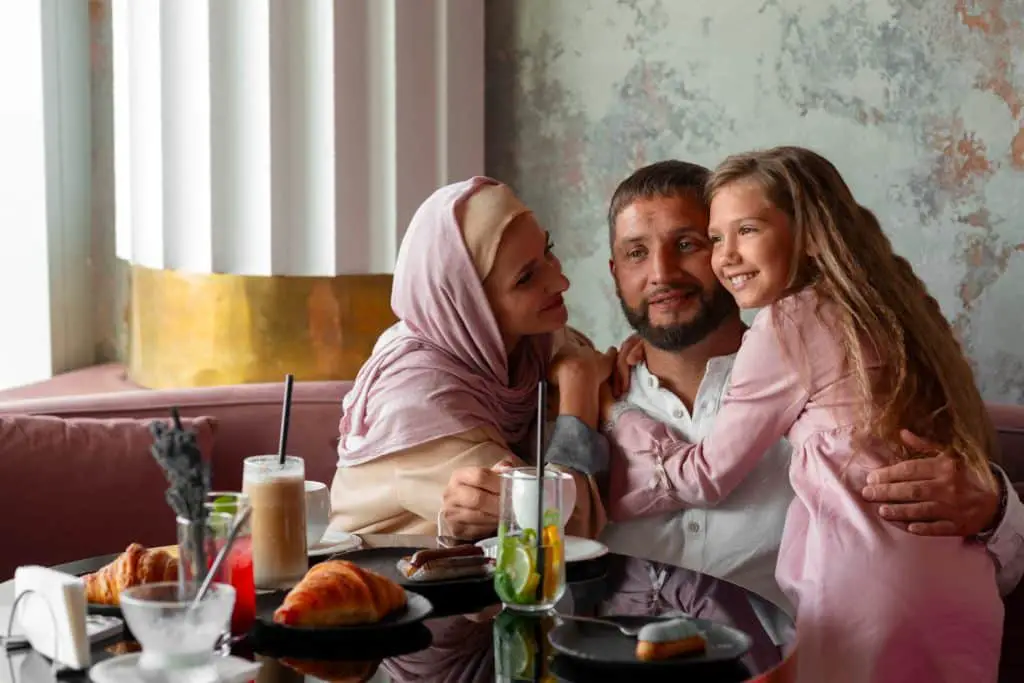
Legal Rights and Justice
Islam upholds the principle of justice and fairness in all aspects of life, including the legal rights of women. Islamic law, or Sharia, guarantees women’s rights to marriage, divorce, custody, and inheritance. While some misconceptions exist regarding women’s rights in Islamic law, it’s essential to understand that these rights are based on principles of equity and justice. For example, the Quranic verse (4:34) often misconstrued to condone domestic violence actually emphasizes mutual respect and conflict resolution within marital relationships.
Misconceptions and Realities
Misconception: Islam oppresses women.
Reality: Islam advocates for the rights and dignity of women and provides them with legal and social protections. Many practices that are erroneously attributed to Islam are, in fact, cultural customs or misinterpretations of religious teachings.
The misconception that Islam oppresses women is a deeply entrenched stereotype that obscures the true essence of women’s rights in Islam. This narrative, often fueled by cultural practices and political agendas, stands in stark contrast to the teachings of the Quran and the Prophet Muhammad (PBUH), which advocate for dignity, respect, and equality for women.
One of the most profound aspects of women’s rights in Islam is the right to education. The Prophet Muhammad’s (PBUH) teachings emphasized that “seeking knowledge is an obligation upon every Muslim,” a command that applies equally to men and women. This principle led to a rich tradition of female scholars in Islamic history. Aisha bint Abu Bakr, one of the Prophet’s wives, was a renowned scholar and teacher whose knowledge and insights were highly respected and sought after. Her contributions to Islamic jurisprudence and Hadith studies are still revered today, illustrating the value placed on women’s intellectual and educational rights.
In matters of personal and legal rights, Islam has been groundbreaking. Women were granted the right to own and inherit property, a radical departure from the norms of pre-Islamic Arabia. The Quran declares: “For men is a share of what the parents and close relatives leave, and for women is a share of what the parents and close relatives leave, be it little or much – an obligatory share” (Quran 4:7). This provision ensured economic independence and security for women, safeguarding their financial rights.
Marriage, often cited as an area where Islam allegedly oppresses women, is in fact governed by principles of mutual consent and respect. Women have the right to accept or reject marriage proposals, to receive a dowry, and to seek divorce if the marriage becomes untenable. The Prophet Muhammad’s own marriages set examples of companionship and respect. His first wife, Khadijah, was a successful businesswoman whose support and partnership were integral to his early mission. His treatment of his wives and his teachings underscored the importance of kindness and equality within marriage, famously stating, “The best of you are those who are best to their wives.”
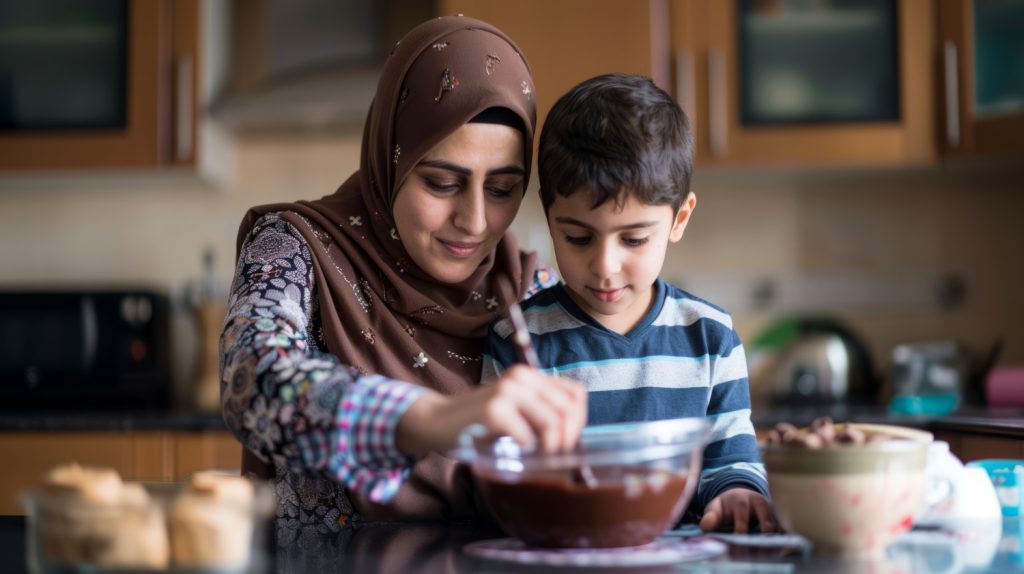
Misconception: Women are inferior to men in Islam.
Reality: Islam affirms the equal worth and dignity of men and women. While roles and responsibilities may differ based on biological and social factors, both genders are considered equal before God and are entitled to the same fundamental rights and freedoms.
Women’s rights in Islam, a subject often clouded by misconceptions, reveal a rich tapestry of respect, dignity, and empowerment woven into the very fabric of the faith. From the earliest revelations to the modern interpretations, Islam has provided a framework for women’s rights that is both profound and deeply rooted in spiritual and social justice.
At the dawn of Women’s Rights in Islam, in a society where women were often marginalized and deprived of basic rights, the Quran brought a revolutionary message. It proclaimed the equality of all human beings, regardless of gender, and emphasized the dignity and respect owed to every individual. The words of the Quran resonate with a powerful affirmation of Women’s Rights in Islam: “O mankind, fear your Lord, who created you from one soul and created from it its mate and dispersed from both of them many men and women” (Quran 4:1). This verse, among many others, established the foundational principle of equality and mutual respect between men and women.
One of the most significant areas where Islam transformed women’s lives was in the realm of personal and legal rights. Women were granted the right to own and inherit property, a radical departure from pre-Islamic norms. The Quran explicitly states: “For men is a share of what the parents and close relatives leave, and for women is a share of what the parents and close relatives leave, be it little or much – an obligatory share” (Quran 4:7). This ensured that women had economic independence and security, a right that was revolutionary for its time.
Marriage, too, was redefined by Islamic teachings. Women were given the right to consent to marriage, to receive a dowry, and to seek divorce if the marriage became untenable. The Prophet Muhammad’s own life illustrated these principles, as he upheld the rights and dignities of his wives and women in his community. His beloved wife, Khadijah, was a successful businesswoman, and their marriage was based on mutual respect and partnership. His teachings emphasized that “the best of you are those who are best to their wives,” underscoring the importance of kindness and equality within the marital relationship.
However, the gap between the true principles of women’s rights in Islam and the practices in some Muslim-majority societies can be wide. Cultural traditions, patriarchal systems, and political agendas often distort the teachings of Islam, leading to practices that oppress women. These practices are not a reflection of Islamic teachings but rather a departure from them. The struggle to reclaim women’s rights in Islam is a journey to return to the faith’s true essence.
Misconception: Women are forced to wear the hijab or veil in Islam.
Reality: While some Muslim women choose to wear the hijab or veil as an expression of their faith and modesty, it is not universally mandated in Islam. Modesty in dress is encouraged for both men and women, but the specific practices vary based on cultural and personal preferences.

Expert Insights
Dr. Amina Wadud, Islamic Scholar
“As an Islamic scholar, I often encounter misconceptions about women’s rights in Islam. It’s essential to approach this topic with nuance and understanding, recognizing the diversity of interpretations within Muslim communities. Islam provides a framework for gender equity and justice, but cultural practices and patriarchal attitudes sometimes obscure these principles. Education and dialogue are key to promoting a more nuanced understanding of women’s rights in Islam.”
Conclusion
In conclusion, women’s rights in Islam are rooted in the principles of equality, justice, and dignity. While Islam affirms the equal worth and potential of men and women, societal norms and cultural interpretations may influence the implementation of these rights in practice. It’s imperative to challenge misconceptions and stereotypes surrounding women’s roles in Islam and strive for a more inclusive and equitable society where all individuals, regardless of gender, can flourish and fulfill their potential.
FAQs: Women’s Rights in Islam
Q: Does Islam oppress women?
A: Absolutely not. Islam upholds the dignity, equality, and rights of women. It provides a framework for their empowerment, offering legal protections and social recognition.
Q: Are women considered inferior to men in Islam?
A: No. Islam affirms the equal worth of men and women. While roles may differ based on societal norms, both genders are regarded equally in the eyes of God.
Q: Is the hijab mandatory for Muslim women?
A: The hijab is a personal choice for many Muslim women, but it’s not universally mandated in Islam. Modesty in dress is encouraged, but the specific practices vary based on individual preferences and cultural contexts.
Q: How does Islam empower women economically?
A: Islam grants women the right to own property, engage in business, and pursue financial independence. It ensures that they receive fair compensation for their work and have the autonomy to manage their wealth.
Q: What role do women play in Islamic societies?
A: Women have played crucial roles in various spheres of Islamic societies, including education, business, and governance. They contribute to the social, economic, and cultural fabric of their communities.
Q: How can we challenge misconceptions about women’s rights in Islam?
A: By educating ourselves and engaging in dialogue, we can challenge stereotypes and misconceptions surrounding women’s roles in Islam. It’s essential to approach this topic with empathy, understanding, and an open mind.
Q: What can individuals do to support women’s rights in Islam?
A: Individuals can advocate for gender equality, promote education and empowerment initiatives for women, and challenge discriminatory practices within their communities. By standing up for justice and equality, we can create a more inclusive and equitable society for all.

